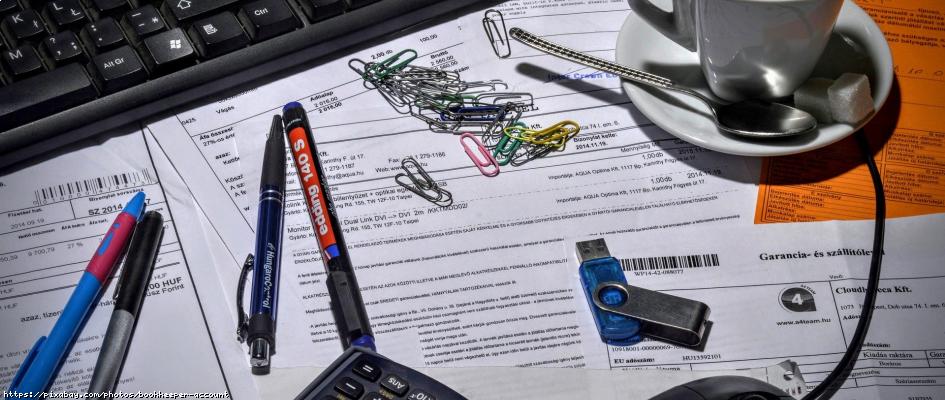One of the many crises to emerge for the UK’s SMEs from the COVID-19 pandemic has been a huge buildup in outstanding invoice payments, as cash flow problems and administrations impact firms that SMEs do business with.
According to recent Nimbla research, 38 per cent of UK SMEs are due average payments of slightly over £59,000 for work completed prior to COVID-19 lockdown. Worryingly, the study found that 21 per cent of these companies believe they will never fully recover what they are owed.
While the pandemic is of course an exceptional circumstance that will render many genuinely unable to settle their outstanding debts, it is also possible that some will use the crisis as an excuse to delay or avoid paying what they owe.
So, what are the best ways that SME owners can protect themselves against the potential damage caused by unpaid invoices? In this piece, we detail five must-do action points to help ensure you get paid on time.
Get to know your clients
One of the primary keys to prompt payment is having good relationships with your clients. If you are a good business to deal with, then you may find clients easier to deal with in turn.
Also, getting to know clients will mean that you become more familiar with the ins and outs of their business. Not only will this mean you can trust them more, but it will mean that you know who exactly is charged with processing their invoices and what their invoicing policies are.
Set clear terms
Before you even do the work you’ll be charging for, a vital step is to ensure that your payment terms are clearly set out in writing, ideally in a formal contract.
Unless you have a special arrangement with a client that you trust 100 per cent, you should not accept cheque-based payment arrangements, as these will only provide a client with the means to avoid paying.
Ideally, you should have fixed payment dates to be made through direct debit, with an interest rate or late payment charge in place should payments become overdue. This will instantly provide a natural deterrent against not paying.
Invoice quickly and directly
Have invoices ready to go for as soon as the job is finished. Remember that a delay on your end with sending the invoice is only going to lead to further delays when it comes to payment. If you’re late sending the invoice, this will provide the customer with more leeway to be late paying.
Furthermore, to avoid delays, you should always be sure to send the invoice to the person who is actually paying the bill. Again, addressing the invoice to someone who won’t be authorising or making the payment (such as, for example, the owner of the company) will only delay payment.
Make sure invoices are always addressed to the person making and authorising the payment and, if different people will be doing these things, ensure invoices are sent to both.
Invoice clearly and accurately
In order to receive prompt payment, it is absolutely crucial that there are no mistakes, inaccuracies or vagaries in your invoices. To ensure payment is made on time and to avoid potentially time-consuming queries, make sure your invoice is accurate, straight-forward and contains the correct, necessary information and bank details.
Have a flagging system in place and follow up promptly
A flagging system that notifies both you and the client when an invoice is overdue will help both of you to keep on top of the situation. On your end, such a system will make sure that you don’t forget about or lose track of invoices you are due, no matter how unlikely this may seem. For the client, it will serve as a prompt reminder that payment is due and of potential overdue charges.
You should always follow up these overdue invoices with the client as well. This doesn’t mean making angry, threatening phone calls, but reminding clients, politely and professionally, of what they owe you is essential to getting paid quickly.
If invoices remain unpaid at this point, you might refer the matter to the Small Business Commissioner who may be able to investigate or provide further assistance to you on the matter.


